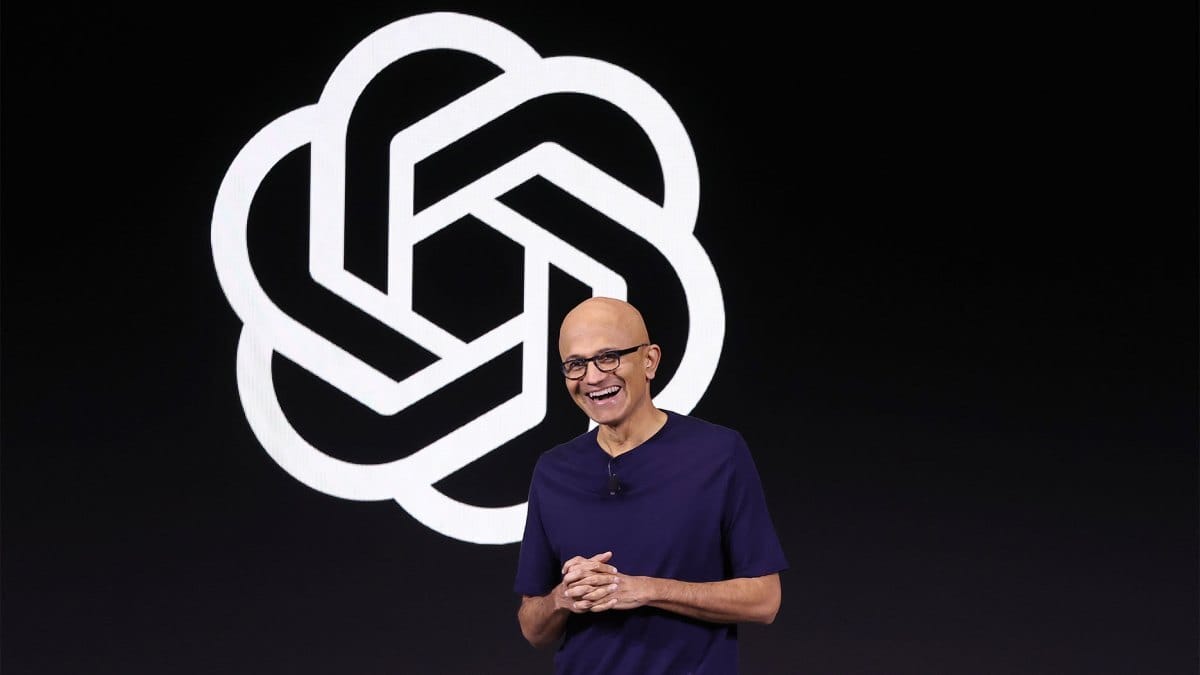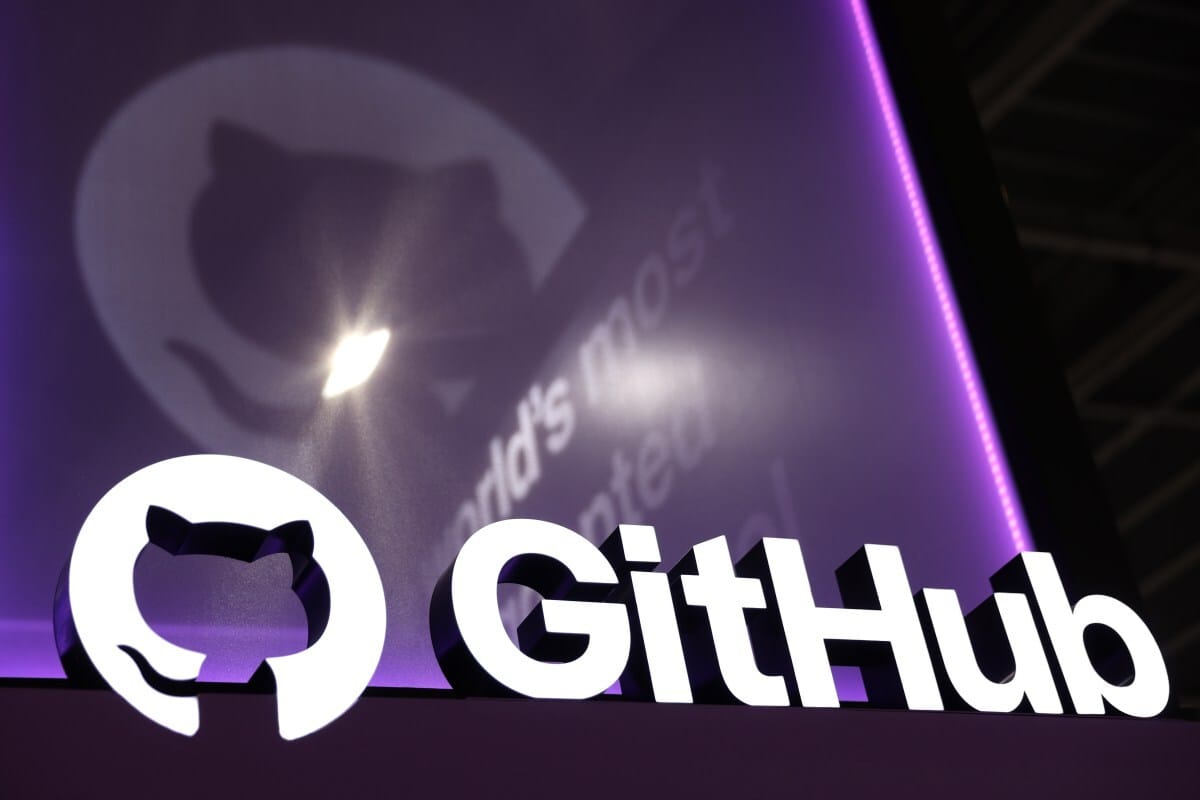- 6thWave AI Insider
- Posts
- Meta's Bold Move Towards Personal Superintelligence
Meta's Bold Move Towards Personal Superintelligence
AI Titans: Reshaping Tech's Frontier This Week

Hot Takes and Cool Breakthroughs
Buckle up, tech enthusiasts! From Meta's superintelligence dreams to Microsoft's collaborative leaps, this week's AI landscape is a thrilling rollercoaster of innovation. Want the inside scoop? Dive in and discover the future unfolding now. 🚀🤖
(Read Time: 5 Minutes)
Today's Edition
Top Stories
Meta's Bold Move Towards Personal Superintelligence

Image Source: TechCrunch
Vision for the Future
Mark Zuckerberg recently outlined his ambitious vision for "personal superintelligence," emphasizing the potential for AI to help individuals achieve their personal goals. This shift indicates a change in Meta's strategy regarding the release of AI models, suggesting a more cautious approach towards open-source technology. Zuckerberg's message highlights the importance of safety and responsibility in AI development, signaling a possible reduction in the company's commitment to open-source models, particularly as they face increasing competition.
Key Highlights
• Zuckerberg believes that the advantages of superintelligence should be widely shared but acknowledges the safety risks involved.
• Meta's Llama models have been a point of differentiation against competitors like OpenAI and Google DeepMind, but this commitment may be changing.
• The company has invested heavily in AI, including a significant $14.3 billion in Scale AI, indicating a focus on developing advanced models.
• Meta plans to integrate personal superintelligence into products such as augmented reality glasses and virtual reality headsets, shifting from a purely open-source model to potentially closed ones for its most advanced technologies.
Implications for the Industry
This shift in Meta's approach is crucial as it reflects the growing pressures from competitors and the need for innovation in AI. By prioritizing personal superintelligence, Meta aims to redefine how users interact with technology. The decision to potentially limit open-source releases could impact the broader AI landscape, as other companies may follow suit, prioritizing control and monetization over open access. As Meta navigates this transition, the tech community will be watching closely to see how it balances innovation with safety and accessibility.
Microsoft and OpenAI - Paving the Way for Future Tech Collaboration

Image Source: TechCrunch
What's Happening
Microsoft is in advanced discussions with OpenAI to secure ongoing access to its technology, even if OpenAI achieves advanced general intelligence (AGI). This potential agreement could significantly impact OpenAI's transition into a fully commercial entity. The negotiations have been ongoing, and a deal may be reached soon, although challenges like regulatory scrutiny and legal issues from Elon Musk could arise.
Key Details
• OpenAI currently operates as a nonprofit with a capped for-profit model, limiting its ability to raise funds freely.
• Microsoft has invested $13.75 billion in OpenAI and wants a larger stake in the company as it transitions to a for-profit structure.
• The current agreement between Microsoft and OpenAI is set to expire in 2030 or when OpenAI claims it has achieved AGI.
• Microsoft has integrated OpenAI’s technology into its products, raising concerns about losing access if OpenAI decides to cut ties.
Why This Matters
The outcome of these negotiations could reshape the landscape of AI technology. A successful deal would not only solidify Microsoft's position in AI but also allow OpenAI to operate with fewer constraints. This could lead to more innovation and development in AI, benefiting both companies and the tech industry at large. As OpenAI aims for a more conventional structure, Microsoft stands to gain significantly, enabling them to capitalize on OpenAI's advancements while ensuring the technology is deployed responsibly.
Meta's Bold Investment in AI Infrastructure for Future Growth

Image Source: TechCrunch
Overview of Meta's Ambitious Plans
Meta is significantly increasing its investment in AI infrastructure, aiming to enhance its capabilities and competitiveness in artificial intelligence. The company announced plans to double its spending on building data centers and servers, with capital expenditures projected to reach between $66 billion and $72 billion by 2025. This marks a substantial increase of approximately $30 billion compared to the previous year. Meta's commitment to expanding its AI infrastructure is not just a short-term strategy; the company expects to maintain this aggressive spending trend through 2026.
Key Highlights
• Meta is focusing on creating AI “titan clusters,” including Prometheus in Ohio and Hyperion in Louisiana, which will feature immense computing power.
• The company is exploring partnerships for financing data centers, allowing flexibility in infrastructure needs.
• Employee compensation is expected to be a major growth driver as Meta seeks to attract top AI talent.
• Despite a loss in its Reality Labs segment, Meta's overall revenue was strong, driven by AI-enhanced advertising tools.
Importance of Meta's Strategy
Meta's investment in AI infrastructure is crucial for its future success. By developing advanced AI capabilities, the company aims to create innovative products and enhance user experiences. This strategy is vital not only for competing in the AI landscape but also for ensuring long-term growth and sustainability in a rapidly evolving technological environment. The company’s plans to collaborate with financial partners could open new avenues for investment, potentially transforming how data centers are built and financed.
GitHub Copilot Surges to 20 Million Users Amidst Growing AI Competition

Image Source: TechCrunch
Overview of Growth and Popularity
GitHub Copilot, an AI coding tool from Microsoft-owned GitHub, has surpassed 20 million users, marking significant growth in the last few months. This surge includes five million new users in just three months, indicating a strong interest in AI coding solutions. While GitHub has not disclosed active user metrics, the tool is highly favored among enterprise clients, with 90% of Fortune 100 companies reportedly using it. The growth rate of GitHub Copilot among these enterprises has increased by 75% compared to the previous quarter.
Key Details
• GitHub Copilot is now a larger business than GitHub was when acquired by Microsoft in 2018.
• Despite its success, GitHub Copilot's user base is still small compared to popular AI chatbots like ChatGPT.
• Competitors like Cursor are emerging, with Cursor also experiencing rapid growth and significant annual recurring revenue.
• Both GitHub Copilot and Cursor are evolving to include AI agents that review code and automate workflows for developers.
Significance of the Trend
The rise of AI coding tools like GitHub Copilot reflects a growing demand for efficient software development solutions. As companies invest in these technologies, they are willing to pay premium prices for tools that enhance productivity. This trend highlights the potential for AI coding tools to dominate the enterprise software market, especially as competition intensifies from companies like Google and OpenAI. The increasing interest in AI for software engineering suggests a shift in how developers will work in the future, making it essential for businesses to adapt to these advancements.
The Future of AI Interaction - Zuckerberg's Vision for Smart Glasses

Image Source: TechCrunch
Overview of the Vision
Mark Zuckerberg, CEO of Meta, has shared his strong belief that smart glasses will become the main way people interact with artificial intelligence in the future. During a recent earnings call, he emphasized that individuals without AI-integrated glasses may find themselves at a significant cognitive disadvantage. This perspective aligns with his earlier blog post focused on superintelligence and highlights a shift towards wearable technology.
Key Insights
• Zuckerberg envisions glasses as the ideal device for AI interaction, allowing users to share their visual and auditory experiences with AI.
• Meta is actively developing smart glasses, including partnerships with Ray-Ban and Oakley, which have seen a surge in sales.
• The Reality Labs division, despite significant financial losses, is focused on research to enhance AI capabilities in wearables.
• Other companies are exploring different forms of AI devices, but Zuckerberg believes glasses are currently the most practical and socially accepted option.
Importance of the Shift
The potential shift towards AI glasses signifies a major change in how we engage with technology. As AI becomes more integrated into daily life, the ability to access information seamlessly through wearables could redefine communication and interaction. Zuckerberg's vision of blending physical and digital worlds through glasses aligns with the broader Metaverse concept, suggesting that these devices could play a crucial role in the future of consumer technology. The evolution of AI interaction is not just about convenience; it could reshape our cognitive capabilities and social dynamics.
Editor’s Picks
Google’s commitment to the EU’s AI code aims to promote responsible AI practices amid regulatory changes.
AI is rapidly changing the job market, with many professions at risk of replacement.
The rise of AI is reshaping jobs, emphasizing the need for creativity and ethical skills.
The tech job market is experiencing a downturn, influenced by AI and broader economic trends.
Human expertise is becoming essential as AI struggles to meet real-world demands.
AI is transforming startup development, but founders must balance speed with quality.
Google enhances NotebookLM with Video Overviews for easier learning.
Cloudflare’s new tool aims to block AI content scrapers, ensuring creators get paid.
Prophet Security’s funding aims to transform cybersecurity by using autonomous AI agents.
Teramount aims to solve critical optical connectivity issues in AI with innovative technology.
Observe is transforming observability with AI integration and significant funding.
Conversion has raised $28 million to enhance marketing automation with AI.
Arcee.ai’s AFM-4.5B model offers free access for small enterprises, aiming to meet their unique AI needs.
Discover how AI and digital twins are revolutionizing retail marketing strategies.
PlayerZero uses AI to find and fix bugs in code before production.
Featured AI Jobs
Lensa · Chicago, IL (Remote)
Lensa · Newark, NJ (On-site)
Director, Forward Deployed AI Engineering
Adobe · San Jose, CA
Director, AI Transformation and Strategy - Remote
Lensa · New York, NY (Remote)
Founder-in-Residence/CEO (Computer Vision for Autonomous Drone Navigation)
AI Fund · United States (Remote)
Anthropic AI Safety Fellow, US
Anthropic · San Francisco Bay Area
6thWave AI Insider is the go-to AI digest for the movers and shakers. Thousands of tech visionaries, global innovators, and decision-makers—from Silicon Valley to Wall Street—get their daily AI fix from our AI News Hub and Newsletter. We're the fastest-growing AI-centric News Hub on the planet.
Stay curious, stay ahead!
Ava Woods, Your AI Insider at 6thWave.
P.S. Enjoyed this AI knowledge boost? Spread the digital love! Forward this email to a fellow tech enthusiast or share this link. Let's grow our AI-savvy tribe together!
P.P.S. Got a byte of feedback or a quantum of innovation to share? Don't let it get lost in the noise—reply directly to this email. Your input helps upgrade my algorithms!